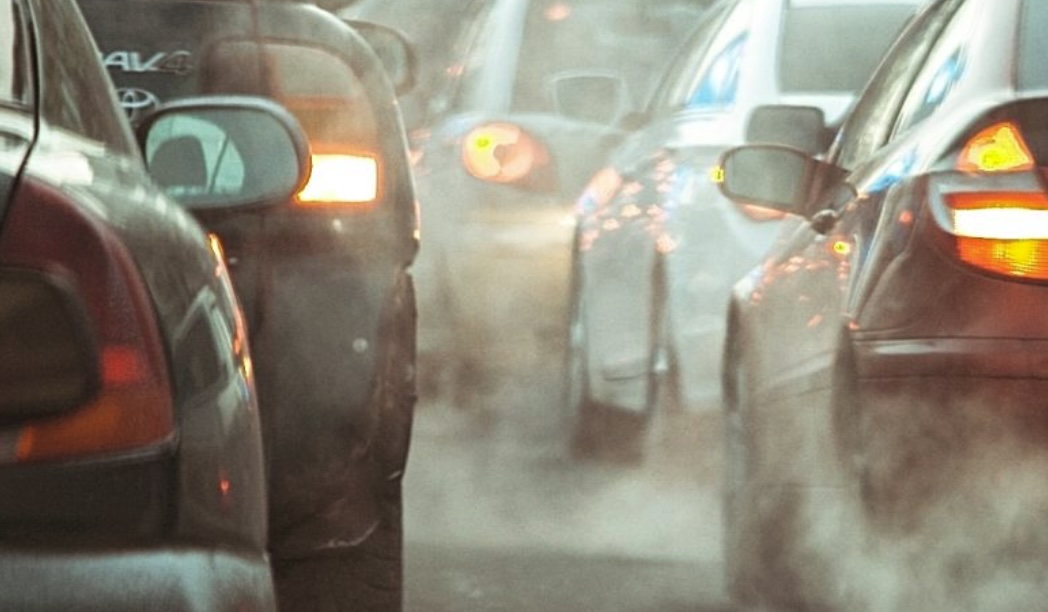
T&E: ‘Transport sector will account for half of Europe’s CO2 emissions in 2030’

Cars burning gasoline and diesel are the overwhelming source of transport emissions, accounting for more than 40% /transportandenvironment.org
Since its peak in 2007, the transport sector has decarbonized three times slower than the rest of the economy, and emissions continue to gro


Comments
Ready to join the conversation?
You must be an active subscriber to leave a comment.
Subscribe Today